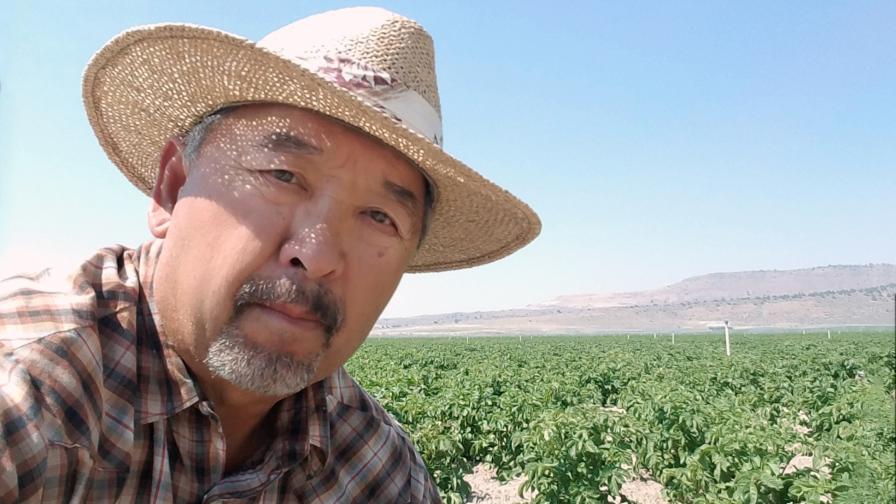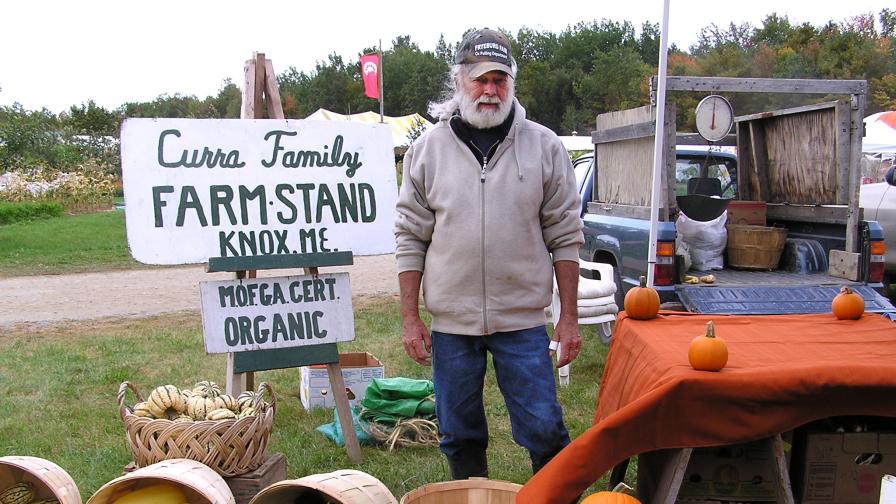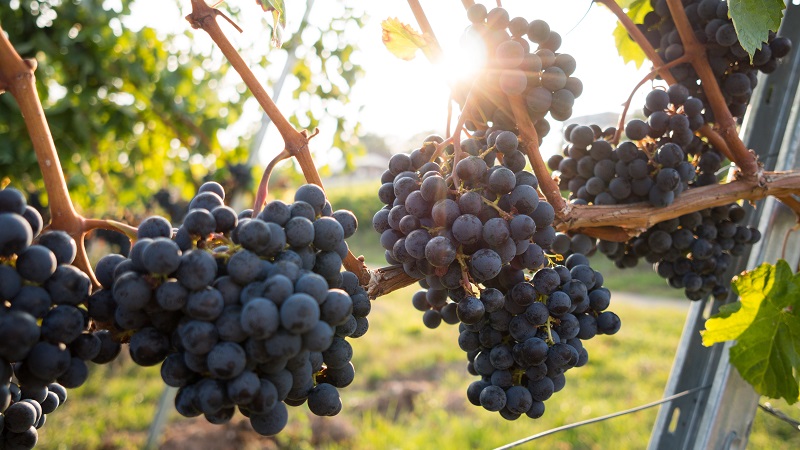Why Growers Are Pumped up About These Irrigation Tech Items

Often, produce growers have secrets to their success. In this case though, we found several vegetable growers willing to share what works well for them in the field of irrigation equipment and technology.
Check out what the following growers have to say:
Matthew Cook, Vice President, Cook Family Farms, Oregon
Size: 1,000 to 2,499 acres, five full-time employees, 10 seasonal, and four family members in the business
Customers: Canning/processing; vegetable seed for seed companies
Crops: Beans, cabbage, cucumber, herbs, leafy greens, summer squash/zucchini, winter squash, sweet corn
Favored irrigation equipment/technology:
•Automated irrigation pivot (Reinke)
•Hard hose irrigation travelers (Valley Fab)
•Hand lines/wheel lines (Gheen)

Matthew Cook
Our automated irrigation pivot is the most preferred irrigation system on our farm. But it is not the most versatile, as it cannot move to different fields. We use hard hose irrigation travelers, which take minimal amounts of labor and can be moved anywhere on the farm. So, they are what I use on most of my crops. The hand lines/wheel lines (40-foot aluminum pipe) do the best job when watering up vegetables, as the impact of the water droplets does the least amount of damage to the soil and crops. The pivot is a clean energy irrigation system that is mostly self-automated. The newer systems were implemented on our farm due to labor issues.
Michael Bledsoe, Vice President, Village Farms, Texas
Size: 100 to 499 acres, 400 full-time employees, 400 seasonal workers, and two family members in the business
Customers: Supermarkets, warehouse clubs, food service
Crops: Fresh tomato, cucumber, pepper
Favored irrigation equipment/technology:
•Ozone generation in recycled water for sanitation of virus, fungal, and biological pathogens (several manufacturers, including H2O Engineering and Clear Path (Cold Plasma Generated Ozone).

Michael Bledsoe
We are a hydroponic greenhouse vegetable production, and we RO (reverse osmosis) all of our water and recycle it two to five times to maximize fertilizer and minimize water use. We use about 14% of the water used by field-comparable crops. ToBRFV (tomato brown rugose fruit virus) is a virus that can be carried in the recycled water. This and other tomato viruses are devastating. Ozone generation in recycled water has been used by some growers for several years. Currently more are going in that direction due to the tomato virus. It is effective and a necessity.
Daniel Chin, Owner/Manager, Chin Family Farms, Organic, Oregon
Size: 2,500 acres or more; 50 full-time employees, 20 full-time seasonal, 30 part-time seasonal, and two family members in the business
Customers: Supermarkets, warehouse clubs, food service
Crops: Garlic, herbs, onion, potato
Favored irrigation equipment/technology:
•IPEX PVC/C-PVC pipes and fittings (Aliaxis Gulf)
•Certa-Lok Yelomine Restrained Joint PVC Pressure System (Westlake Pipe and Fittings)

Daniel Chin
I would say my favorite irrigation equipment is our solid-set irrigation pipe Certa-Lok yellow plastic pipe. Even though it is labor intensive to lay out and pick up, when set up it is great, as we can irrigate fields of 20 to 80 acres at one time. This pipe holds the water, so starting up for frost protection is great, as we can get up to pressure in about 5 minutes instead of 30 minutes with aluminum pipe.
We started using this pipe in about 2012 on potato crops and do onions and garlic, as well, now. We had used aluminum 3-inch pipe since the 1970s. It is a good product as it holds up well, and there is some electrolysis in some areas. We went to plastic pipe for weed control in organic potatoes. And we can lift the pipe with water in it and go over rollers up and over the cultivator and get weeds under the pipe without all the hand labor to break pipe and reset. I would absolutely recommend this product to anyone in irrigated ag.
Peter Curra, Owner, Curra Family Farm, Maine
Size: 1 to 24 acres; two part-time seasonal workers
Customers: Direct to consumer
Crops: Garlic, herbs, onion, potato
Favored irrigation equipment/technology:
•Drip irrigation system (Rain-Flo Irrigation)

Peter Curra
Photo by Jean English
I installed [the system] just before the growing season started in 2021. Instructions to assemble and put in place came with it. I believe the real test of the system came this growing season, and it passed with flying colors. We currently are experiencing a dry season. Most of my vegetable crops are grown under black plastic mulch, so there is near zero evaporation. We have a drip line for each row and, except for adding a line or two during the growing season, the lines remain untouched until the season is over and the black plastic mulch is removed.










